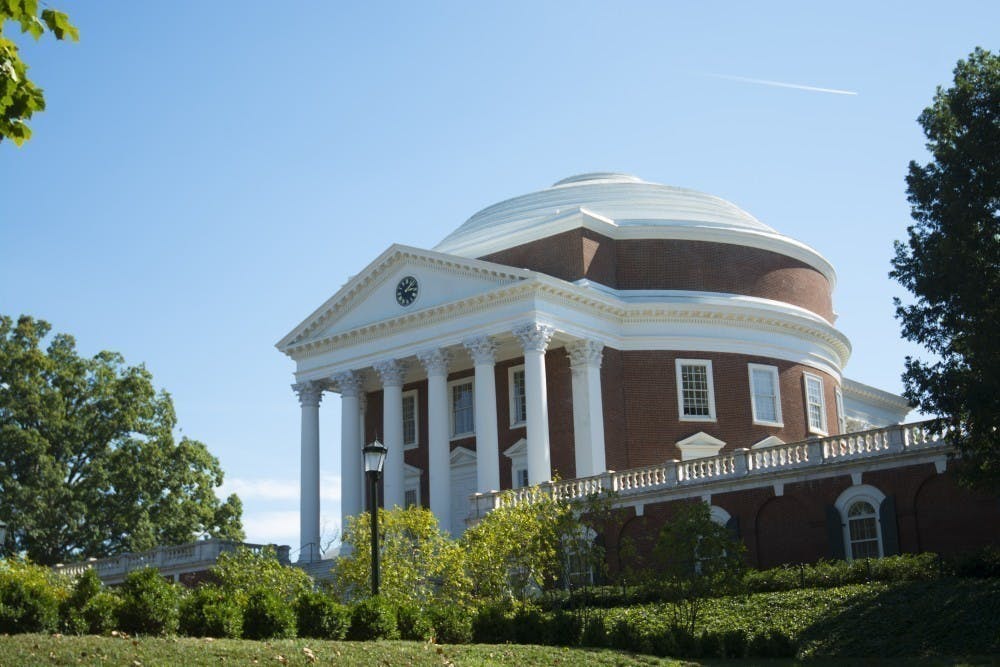With the rapid rise in COVID-19 cases in the United States in recent weeks, colleges and universities throughout the country have put together plans for the remainder of the semester in order to slow the spread of the virus. The University, while still remaining open during this time, has extended the spring recess and moved all classes online for the remainder of the semester. Students were told to leave Grounds — however, students do have the option to request extended access to on-Grounds housing. While this situation has created numerous issues for many students — particularly first-generation and low-income students — the response from the University and the community has demonstrated a clear commitment to getting through this difficult time together.
The coronavirus pandemic has become an immense global threat. With a lack of resources available for testing, cases in this country will only continue to rise in the coming weeks. With so many University students traveling for the recent spring recess, especially abroad, it is very possible that a student may have already unknowingly contracted the virus. As such, the University had no other option but to switch to an online learning environment in order to better contain the rapid spread of the virus.
Such a quick change in University procedures creates a multitude of problems for students — particularly those who are placed under an increased financial burden due to these changes. For out-of-state students, the need to purchase airfare or other methods of transportation in such a short amount of time can become incredibly expensive.
However, the University has also provided numerous resources to students during this time to help ease the process. Unlike many other schools — including Harvard University — students are not required to leave on-Grounds housing. Rather, students who have no other option will be permitted to remain on-Grounds, such as international students. Forcing students to leave would have left countless students effectively homeless, and so enabling students to remain in their dorms and apartments when they are left with no other options was the right call from the University.
Students relying on the Federal Work Study Program and other part-time jobs to pay for their cost of attendance are also heavily burdened by this decision. Moreover, emergency funds for students who need help with traveling expenses have also been made available to students. Even more remarkable is the University’s response to lost wages from Federal work-study recipients — these students will continue to be paid, regardless of their ability to actually work during this closure. This, however, does not take into account the negative effects on student-workers outside of this program — students who are losing their jobs because of the operational changes may be at risk of losing rent or food money, and the University needs to take this into consideration regarding future compensation. Although the administration is discussing this very issue, a decision needs to be made soon in order to ease the worries of these students.
Aside from the University, however, student organizations have been fighting to make sure all students are able to make it through this time. Student Council, for example, has established Hoos Helping Hoos, “a mutual aid network designed to connect first-generation, low-income, international and working students with resources they may need.” This program has raised over $4,000 so far, all for students who require financial assistance in these troubling times.
It is a scary and confusing time for all of us, and the University certainly must continue to mediate the situation at hand to adequately provide for students. Students are still facing countless issues that the University needs to address to provide adequate support to students during this situation. For example, the University must reschedule Final Exercises — the cancellation of the event is a disappointment for all graduating students, and rescheduling it is the only way to keep the community safe while also recognizing the hard work these students have put into their academic careers.
However, both University administration and student groups alike have provided some relief during this period of uncertainty. We are working our way through these unprecedented challenges together, and we must continue to act as a community in order to create an easier transition process for all students.
The Cavalier Daily Editorial Board is composed of the Executive Editor, the Editor-in-Chief, the two Opinion Editors and their Senior Associate. The board can be reached at eb@avalierdaily.com.







